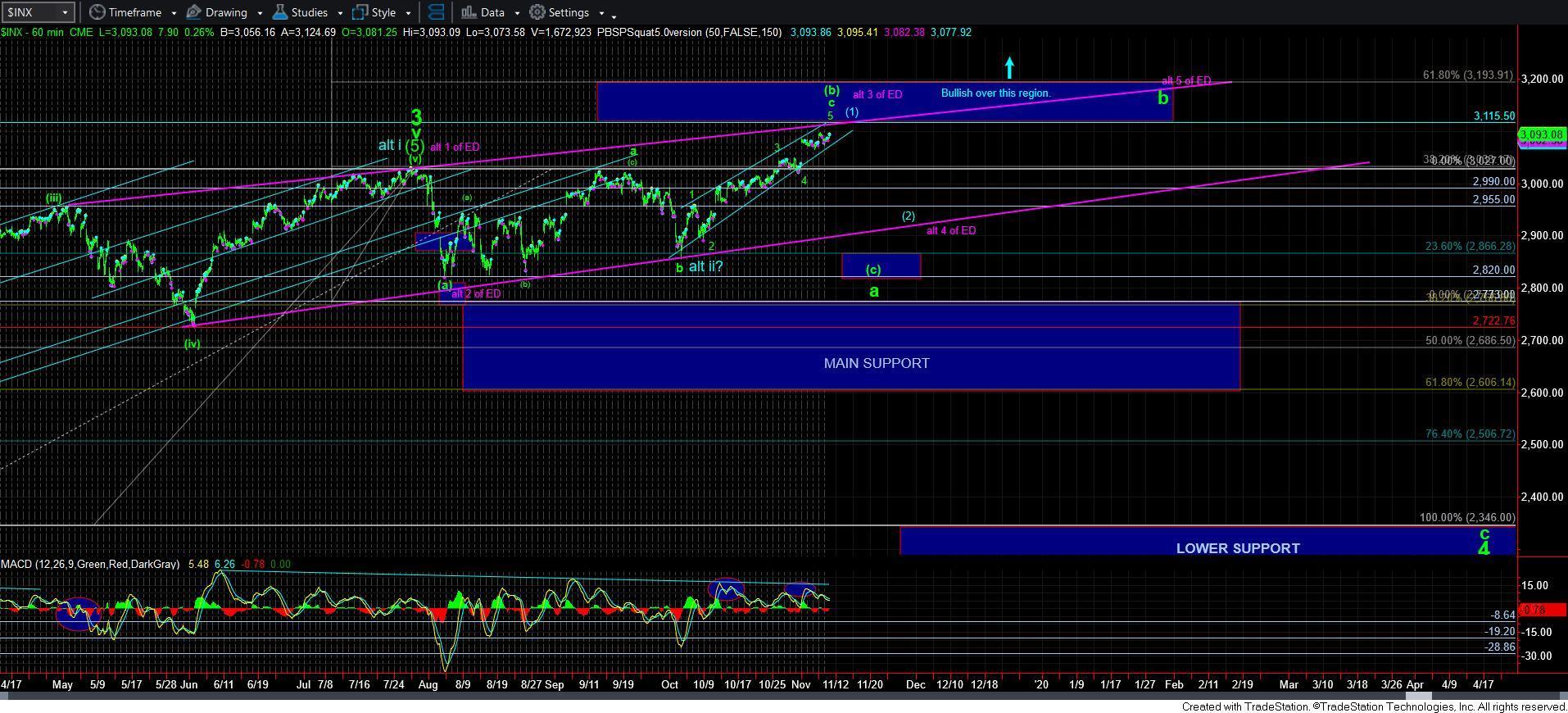While reading of the title of this article may cause you to make certain assumptions about what you are about to read, I can assure you that this is not a politically motivated article. In fact, politics has absolutely nothing to do with the analysis and conclusions presented herein.
I want to start with the assumption that we have spoken about so often, and that it is social mood which directs our actions in life, including our willingness to buy stocks. As Robert Prechter noted in a study he published in 2012 on this topic, “[s]ocionomic theory proposes that unconscious social mood regulates social actions.”
In this study that I cited above, Robert Prechter used the stock market as a gauge of the public’s social mood to determine if there was some causality between social mood and an incumbent’s re-election prospects. Within the study, they utilized data going back to 1792, and performed testing using various factors. The goal was to determine the effect of social mood upon an incumbent’s re-election potential.
As Mr. Prechter noted in his conclusions:
“We found that the stock market is significant predictor of election results in all cases. As surmised, the best result was the 3-year period prior to the election. One of our landslide tests obtained a perfect score.”
Moreover, they even compared their results to the results they would achieve if focusing on other economic variable such as GDP, unemployment, inflation, etc. Yet, they concluded that “[w]e found that the stock market outperformed every one of the economic variables.”
In sum, Mr. Precther concluded:
“We believe our study helps demonstrate that aggregate voting at the margin—swing voters—are not so much rationally weighing the potential value of each candidate but rather voting primarily based on how they feel. When a positive trend in social mood induces investors to push the stock market upward during the three years prior to an incumbent’s re-election bid, it also induces voters to credit the incumbent for their good moods and vote to retain him in office. When a negative trend in social mood induces investors to push the stock market downward during the three years prior to an incumbent’s re-election bid, it also induces voters to blame the incumbent for their bad moods and vote to reject him from office.”
In the period beginning three years prior to the 2020 election (November 2017), the stock market was within the 2550SPX region, and has risen more than 20% higher since. Therefore, if the market maintains these levels or higher into the election, it is likely that Trump would win by a landslide, based upon Prechter’s historical analysis.
However, based upon my stock market analysis, I think that the stock market can be headed into a tough period as we look towards 2020. I still do not view the greater probabilities suggesting that we are on our way to my long-term target for the S&P 500 in the 4000 region before we see more of a stock market correction first.
But, in the meantime, if you are a Democrat and you are truly devoted to voting Trump out of office, it's time to sell your stocks. (smile)

